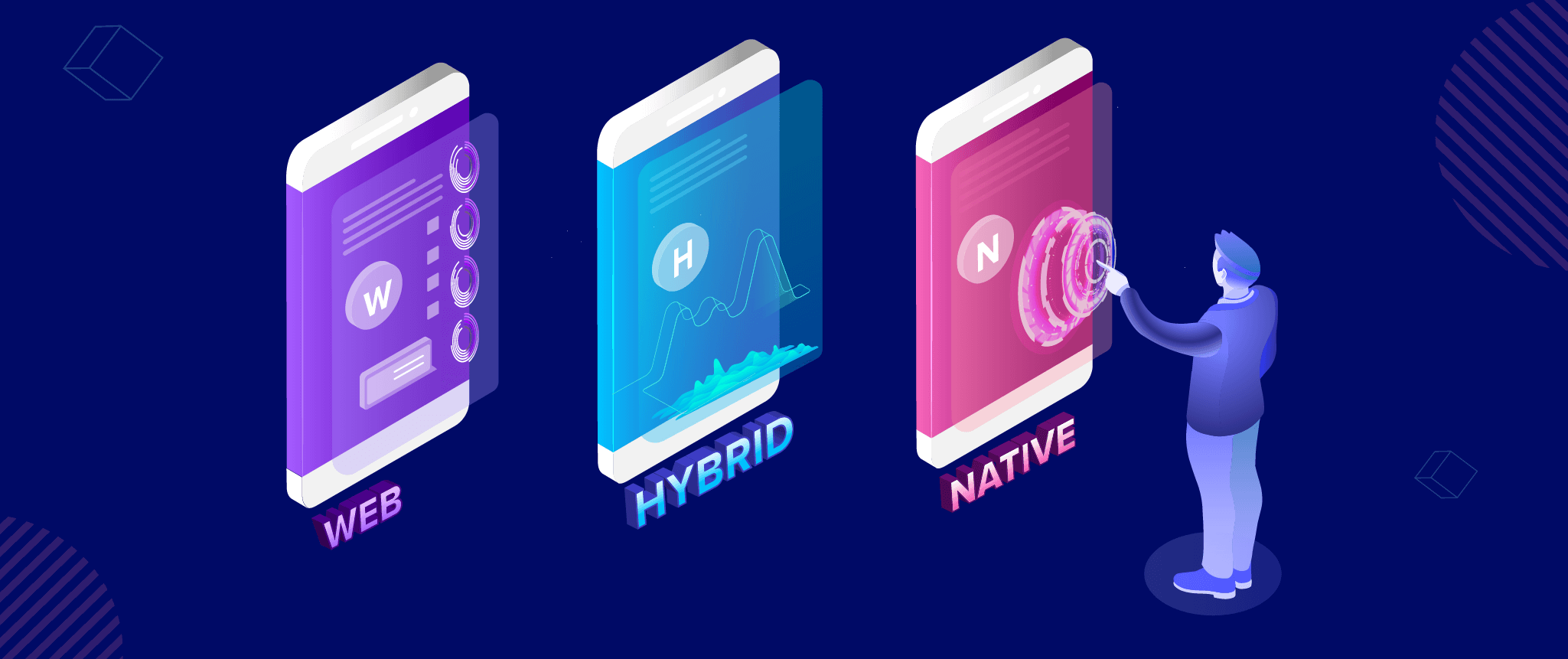In the fast-paced world of technology, mobile app development is constantly evolving, offering new opportunities and challenges for developers. Keeping up with the latest trends is crucial for staying ahead in the competitive app market. Here are some of the emerging trends that are shaping the future of mobile app development:
1. 5G Technology Integration
The rollout of 5G networks is set to revolutionize the mobile app industry. With faster and more reliable internet connections, developers can create apps with high-quality graphics, seamless streaming, and real-time interactivity. 5G will also enable the widespread adoption of technologies like augmented reality (AR) and virtual reality (VR) in mobile apps.
2. Artificial Intelligence and Machine Learning
AI and machine learning algorithms are becoming increasingly sophisticated, allowing apps to offer personalized user experiences. From chatbots and virtual assistants to predictive analytics, AI-powered apps can understand user behavior and preferences, providing tailored recommendations and solutions.
3. Augmented Reality (AR) and Virtual Reality (VR)
AR and VR technologies are transforming various industries, including gaming, healthcare, education, and retail. Mobile apps leveraging AR and VR offer immersive experiences, allowing users to interact with digital elements in the real world. This trend is expected to grow as AR and VR devices become more affordable and accessible.
4. Internet of Things (IoT) Integration
The IoT ecosystem is expanding, connecting everyday devices to the internet. Mobile apps can now control smart home devices, wearable gadgets, and industrial equipment. IoT integration enables app developers to create innovative solutions for smart cities, healthcare, and industrial automation, among other sectors.
5. Progressive Web Apps (PWAs)
PWAs combine the best features of web and mobile apps. They offer fast loading times, offline capabilities, and improved user engagement. PWAs eliminate the need for installation, making them convenient for users and cost-effective for businesses. This trend is gaining traction, especially for e-commerce and content-based apps.
6. Blockchain Technology
Blockchain technology ensures secure and transparent transactions, making it ideal for apps dealing with sensitive data, such as finance, healthcare, and supply chain management. Decentralized apps (DApps) built on blockchain platforms offer enhanced security, privacy, and reliability, which are increasingly important for users.
7. Edge Computing
Edge computing involves processing data near the source of data generation rather than relying on a centralized data processing warehouse. This reduces latency and enhances real-time processing capabilities, making it essential for apps requiring instant data analysis and response, such as autonomous vehicles and IoT devices.
8. Mobile Wallets and Payment Gateways
Mobile payment solutions continue to evolve, offering secure and convenient transactions. App developers are integrating mobile wallets and payment gateways, ensuring seamless in-app purchases, money transfers, and contactless payments. Enhanced security measures and user-friendly interfaces are driving the adoption of mobile payment solutions.
Conclusion:
Staying informed about these trends is crucial for app developers aiming to create innovative and competitive mobile applications. By embracing these technologies, developers can create feature-rich, secure, and user-friendly apps that cater to the evolving needs of consumers and businesses alike. As the mobile app landscape continues to evolve, developers must adapt and leverage these trends to deliver exceptional experiences to users around the globe.



